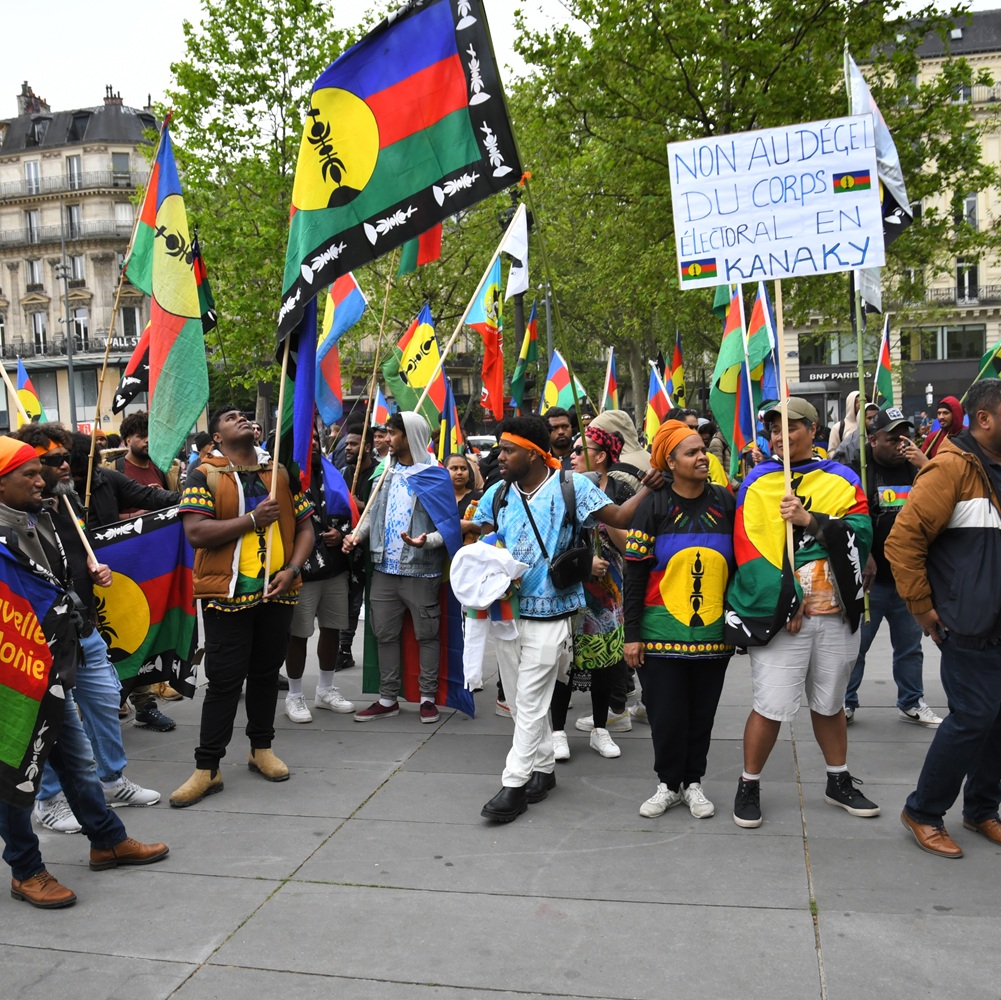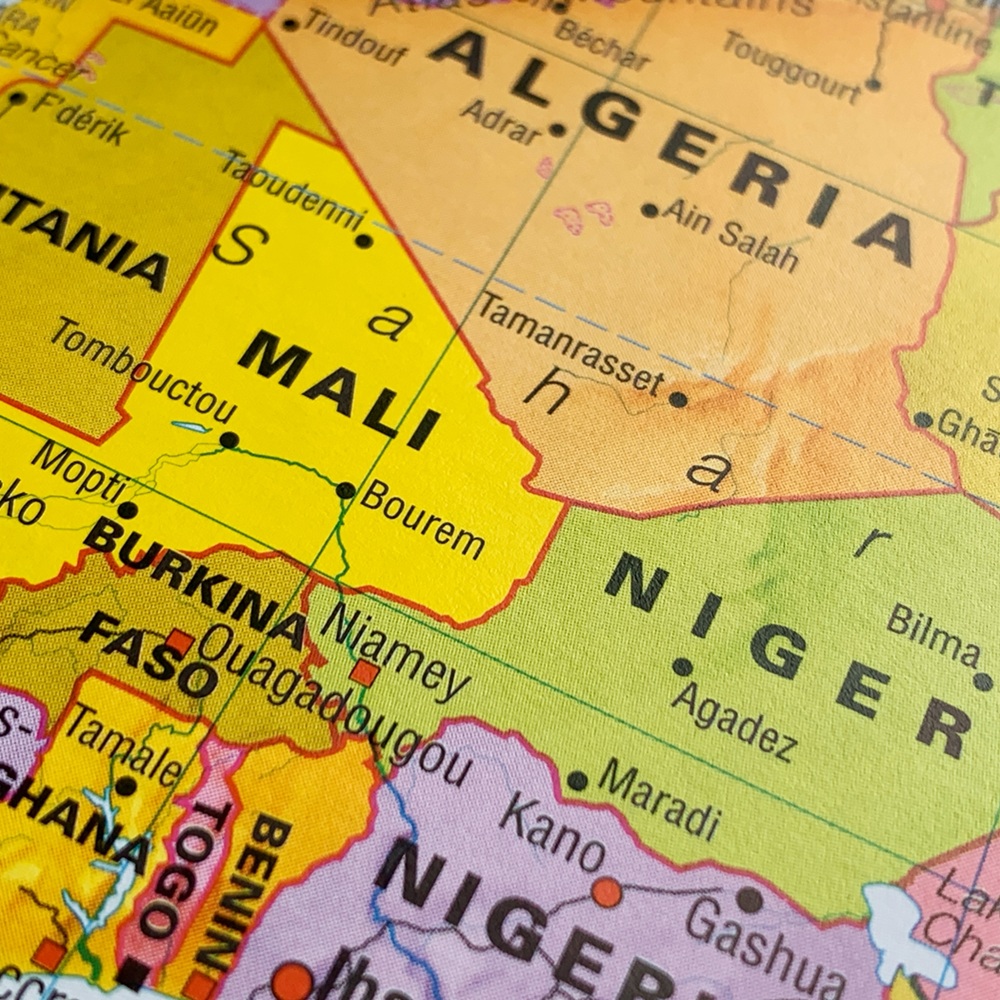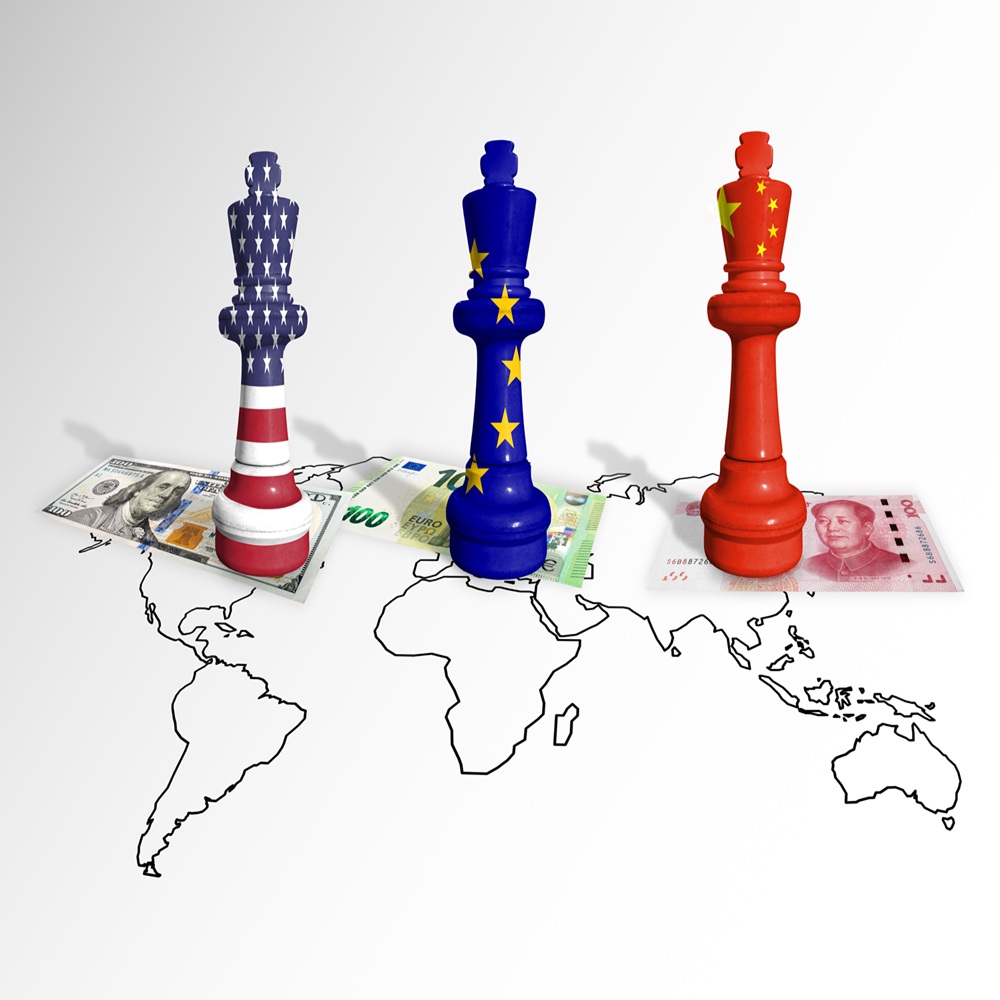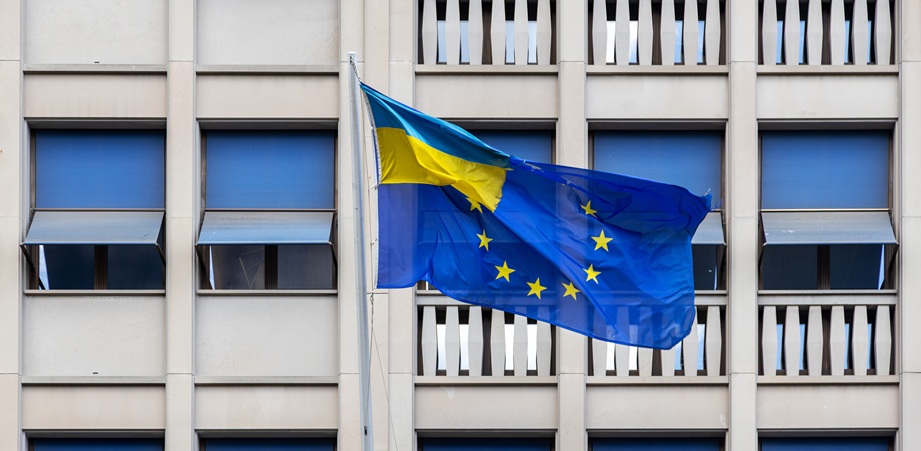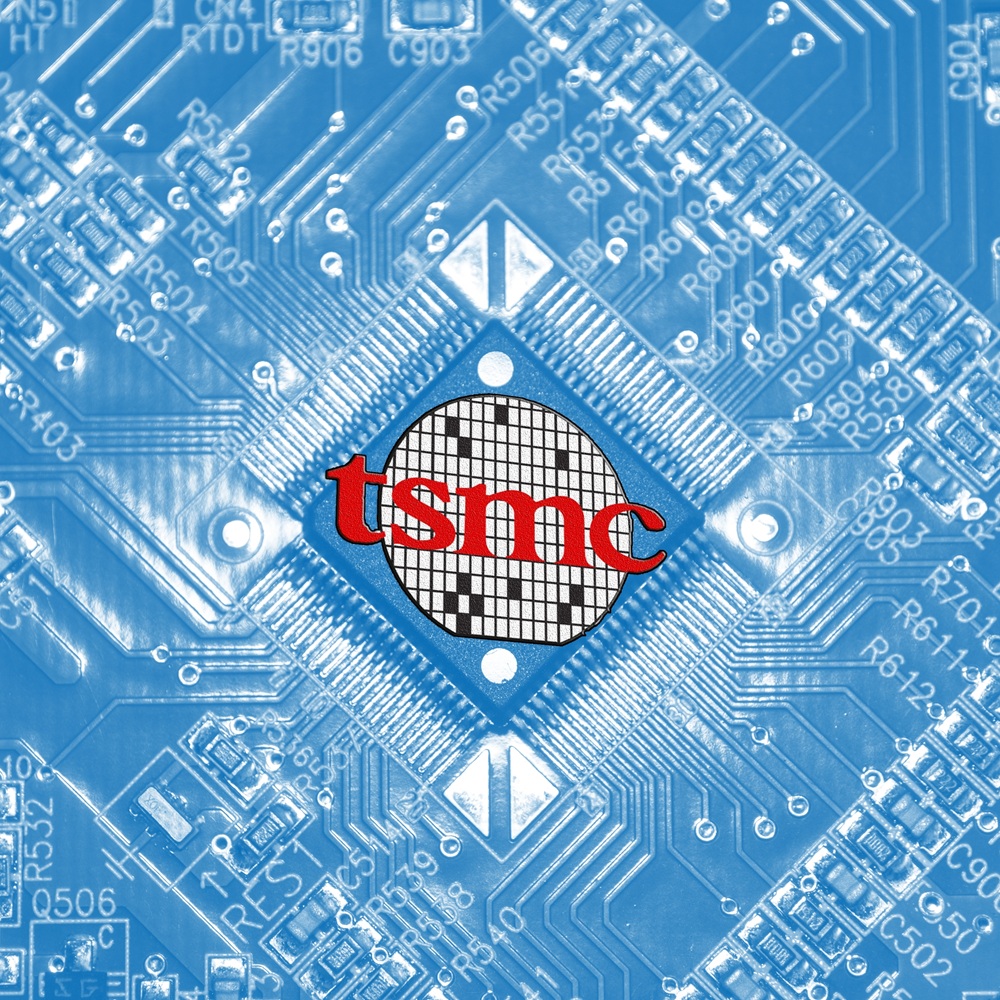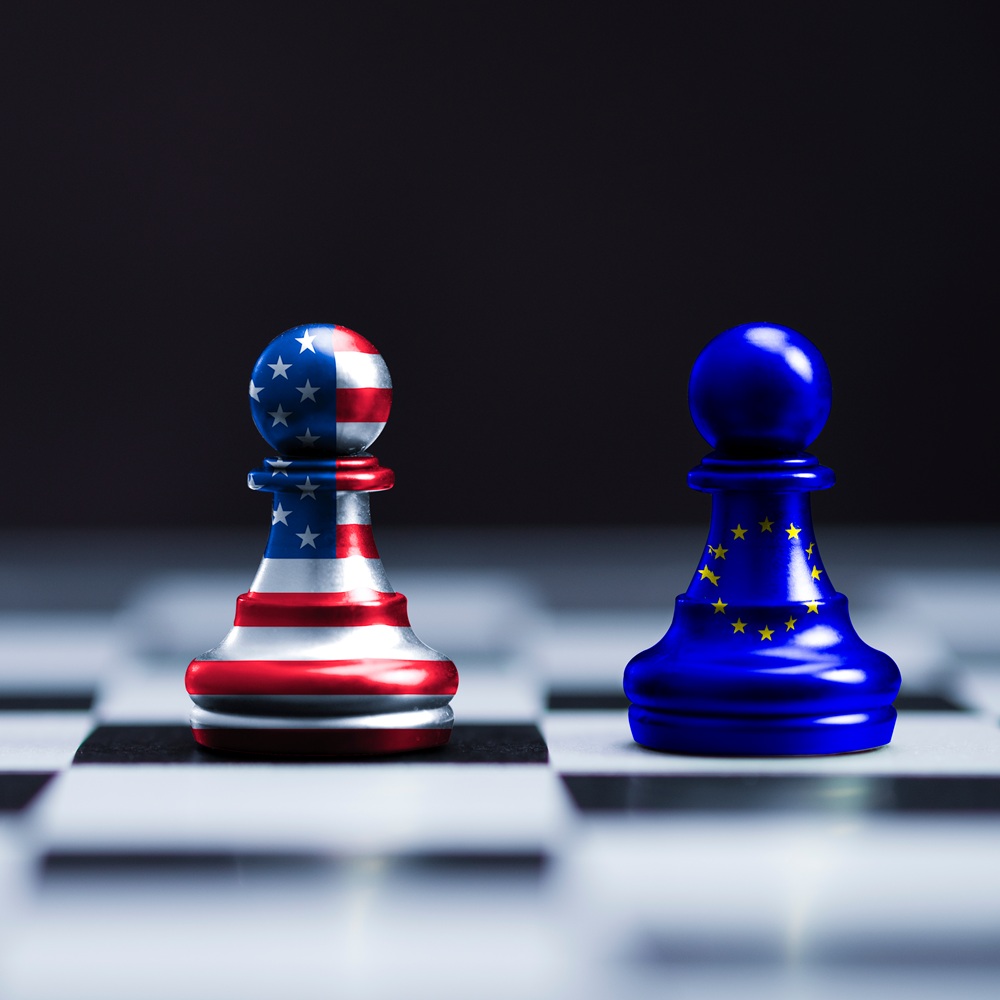
SAFE - Will the American Eagle be Replaced with the European Golden Eagle? Can the EU replace the US as a benign hegemon?
by Krzysztof Śliwiński
Abstract This paper examines whether the European Union (EU) can supplant the United States (US) as a benign hegemon in the contemporary international system. It discusses the concept of a benign hegemon, traditionally associated with the US, characterized by military and economic dominance exercised with liberal values, multilateralism, and the promotion of global security and prosperity. The analysis highlights the limitations of US hegemony, including military overextension, economic challenges, and a decline in soft power, particularly in regions such as the Middle East. Conversely, the EU's global ambitions are examined, with a focus on its peace efforts, trade agreements, development aid, and multilateral engagement. However, the EU's internal divisions, lack of unified foreign and defense policy, and historical perceptions of coercion limit its ability to act as a benign hegemon. The analysis concludes with a proposition that the EU's unique nature and current constraints suggest it cannot fully assume the US's role, raising questions about the viability of benign hegemony in today's context. Key Words: SAFE, EU, US, Benign Hegemon, Geopolitics Introduction In the recent two pieces, we looked at Security Action for Europe (SAFE) and its potential consequences regarding the role and nature of the EU as a military power {link}, and Ukraine's integration into European defence cooperation, highlighting its unique status as a semi-integrated security partner (SISP) despite not being an EU member. {link}, This article will examine the transatlantic relations and specifically address the question of whether the EU could replace the US as a benign hegemon. According to popular sources, a "benign hegemon" refers to a dominant power that exercises its influence in a manner that is generally considered beneficial. This notion is contemporary and is almost always used referring to the United States (US). Accordingly, the US has used its influence to provide global security and stability without being overly aggressive or coercive. The concept is rooted in hegemonic stability theory, which posits that a single dominant state is necessary to maintain the stability of the international system.[i] Scholars define a benign hegemon as one that provides the necessary power to uphold the international order. This involves advancing its interests while promoting global security and prosperity through multilateral treaties and international organizations, safeguarding national sovereignty via alliance networks and the UN Security Council, and fostering unrestricted market capitalism through trade deals and bodies such as the World Trade Organization and the International Monetary Fund.[ii] Moreover, a benign hegemon is typically defined as a hegemonic power that, in addition to possessing overwhelming military and economic power, utilises its influence to promote more liberal principles within the international system. This includes pursuing liberal international values such as economic development, liberal and democratic political structures, and fostering a community of civilised states that resort to war only as a last resort and never against each other. The United States, as the hegemonic power after the Cold War, is often described as benign because its influence is broadly progressive, aiming to create a liberal world order based on free markets, free speech, free elections, and the exercise of free will unencumbered by the state. While the US maintains traditional geopolitical objectives, it also attempts to refashion the operational ground rules of the international system itself, promoting free trade, human rights, democratisation, and a global cultural infrastructure based on US technological companies. This combination of overwhelming power and a liberal agenda is what characterises a benign hegemon.[iii] Furthermore, experts often cite the US's "liberal grand strategy" as constructing a relatively benign and highly institutionalised multilateral system based on open markets, free trade, and the provision of public goods, such as collective security and an open international trading regime.[iv] This system is viewed as enabling other countries to prosper economically in a secure environment, with examples such as the rebuilding and subsequent success of Japan and Germany. However, the concept of benign hegemon is contested, with some arguing that the US lacks the resources to be a genuine global hegemon, as noted by John Mearsheimer and Joseph Nye, who suggest it cannot achieve all security, political, and economic goals alone. This argument highlights the complexity of assessing whether the US's actions are truly benign, especially given its military and financial reach.[v] Historical Context The US's role as a potential benign hegemon has been prominent since the end of World War II, particularly after the fall of the Berlin Wall in 1989, when it occupied a hegemonic position within world politics Historical instances include its leadership in establishing the Bretton Woods system, the International Monetary Fund, the World Bank, and security alliances like NATO, which aimed to stabilise the global economy and provide collective defense. The US also played a key role in democratising post-war Europe and Japan, furthering its image as a stabilising force. On the positive side, the US led through consent, with high global approval ratings and multilateral actions, such as Bush Sr.'s Gulf War coalition and Obama's Libya UN action, which are claimed to be foundational to the liberal order since World War II. On the negative side, actions like the Iraq War, drone attacks, and government overthrows in Latin America and the Middle East are cited as evidence of coercion and imperialism, undermining the benign label. Scholars focusing on the Middle East note that despite its hegemonic role, the region has experienced significant violence and instability, with US interventions such as the 2003 Iraq War and the 2011 Libya seen as sources of disorder rather than stability. This challenges the notion of benign hegemony, suggesting unipolarity (power dominance without ideological consensus) better explains US actions in the region.[vi] US hegemony and its limitations The concept of American hegemony has been a cornerstone of international relations since the end of World War II. However, in recent decades, the limitations of American hegemony have become increasingly apparent across military, economic, and cultural domains. Given the recent developments in the Middle East (war in Gaza and incursions between Israel and Iran), it seems logical to examine the limitations of US hegemony in the context of the region. Several factors contribute to the decline in American influence in the Middle East. Firstly, the failure of political reconstruction efforts in Iraq after the US-led invasion and overthrow of Saddam Hussein shifted America's position in the region from advantageous to disadvantaged and exposed the limits of American hegemony. Secondly, war-weariness within the United States affects the ability to sustain prolonged involvement and influence in the region. Thirdly, there is a relative neglect of the Arab-Israeli peace process, which undermines American credibility and effectiveness in the region. Fourthly, the impact of US regional policies on the influence of Iran, which has grown stronger partly as an unintended consequence of the Iraq war. Next, the emergence of a new regional power struggle between an Iranian-led bloc of mainly Shia actors and a Sunni bloc led by Arab states such as Saudi Arabia and Egypt. The rise of Islamist militias and political groups like Muqtada al-Sadr's supporters in Iraq, Hezbollah in Lebanon, and Hamas in the Palestinian territories, which were advantaged by early elections promoted by the US before adequate security and political institutions were in place. Next, the Bush administration's distancing from the Israeli-Palestinian peace process contributed to the rise of Hamas and further undermined moderate Palestinian leadership. Lastly, the diminished fear of American power by adversaries such as Iran, which refused negotiations and disregarded weak UN sanctions, and the uncertainty of America's Arab allies about the reliability of the US as a partner.[vii] Generally speaking, one of the most significant limitations of American military dominance is the issue of overextension. The US has maintained a global military presence, with bases and troops stationed across the world. However, this overextension has led to military fatigue and resource depletion. The wars in Afghanistan and Iraq, for instance, have strained the US military, leading to a decline in its ability to project power effectively.[viii] The rise of other military powers, particularly China, has also challenged the United States' military dominance. China's rapid military modernisation, including advancements in technology and naval capabilities, has narrowed the gap between the two superpowers. This has raised concerns about the US's ability to maintain its military superiority in the Asia-Pacific region and beyond. [ix] Maintaining military dominance is costly, and the economic burden of sustaining a global military presence has taken a toll on the US economy. The high defence budget has led to trade imbalances and deindustrialisation, weakening the economic foundations of American hegemony.[x] The US economy has faced significant challenges, including deindustrialisation, financialisation, and rising competition from China. The shift of manufacturing activities to countries with lower labour costs has weakened the US industrial base, while the rise of China as a global economic powerhouse has challenged American economic influence.[xi] Globalisation has created a more interconnected world economy, reducing the US's ability to dictate economic policies unilaterally. The rise of emerging economies, particularly in Asia, has shifted the balance of economic power, making it difficult for the US to maintain its hegemony in global trade and finance.[xii] The dominance of the US dollar in the global financial system is facing challenges. The rise of alternative currencies and the increasing use of cryptocurrencies have threatened the dollar's hegemony. Additionally, countries like Russia and China are reducing their dependence on the dollar, further eroding its global dominance.[xiii] American cultural influence, once a cornerstone of its global hegemony, is facing resistance. The rise of non-Western cultural formations, particularly in Asia and the Middle East, has challenged the dominance of American media, entertainment, and values. This has led to a decline in the global appeal of American culture.[xiv] The US's soft power, which was once a key component of its hegemony, has declined in recent years. The country's unilateral policies, military interventions, and domestic challenges, such as racial tensions and economic inequality, have eroded its moral authority and global influence.[xv] What is the EU hoping to achieve as a global player? A thorough analysis of available up-to-date documents issued by the EU itself suggests several key areas of interest to the organisation as a key global player. First and foremost, the EU is committed to fostering peace, preventing conflicts, and strengthening international security. It supports a rules-based international order with the United Nations at its core, advocating for multilateralism and the rule of international law.[xvi] The EU has actively engaged in conflict resolution, such as promoting a two-state solution in the Israeli-Palestinian conflict and supporting ceasefires in regions like Gaza.[xvii] It also invests significantly in the defence of Ukraine to counter Russian aggression, viewing this as critical to maintaining European and global stability.[xviii] As the world's largest trading power, the EU seeks to use its economic strength to boost prosperity, enhance its trading power, and foster mutually beneficial partnerships. The EU's economic influence is a key pillar of its global power strategy, as evidenced by recent agreements. In April 2025, the EU-Central Asia summit agreed on a strategic partnership aimed at strengthening economic ties between the EU and Central Asia.[xix] A month later (May 2025), the EU and Singapore signed a landmark Digital Trade Agreement, enhancing the EU's digital trade capabilities.[xx] Overall, the EU has over 40 trade agreements with 70 countries. These agreements fall into three distinct categories: Economic Partnership Agreements (EPAs), Free Trade Agreements (FTAs), and Association Agreements (AAs). The EU also enters into non-preferential trade agreements, as part of broader deals such as Partnership and Cooperation Agreements (PCAs).[xxi] The EU provides significant development aid, which, when including the UK, is two-thirds greater than that of the US and is mainly supplied as grants rather than loans. According to the EU, this highlights its commitment to promoting human rights and sustainable development. The EU has built a dominant position in global development. It accounts for half of all aid worldwide, but the plethora of different programmes disguises its profile in this regard. [xxii] The EU aims to establish strong, well-managed partnerships with countries and regions beyond its immediate neighbourhood, particularly with middle powers (e.g., Brazil, Egypt, Indonesia, Mexico, Saudi Arabia) and pivotal regions (e.g., Africa, Central Asia, Southeast Asia). This is crucial for maintaining its influence in a multipolar world.[xxiii] In that respect, the EU is committed to reforming multilateral institutions, such as the UN, the IMF, and the World Bank, to ensure more equitable representation and effectiveness. It also aims to play a leading role in shaping the future of global forums, such as the G-20. Initiatives such as the "Golden Gateway" (€300 billion by 2027, launched in late 2021) and "Team Europe" for post-COVID investments are part of the EU's strategy to counterbalance China's Belt and Road Initiative and engage more effectively with developing countries.[xxiv] The EU focuses on addressing global challenges, including climate action, migration, and economic development. It wants to ensure that its climate policies, such as the Carbon Border Adjustment Mechanism, do not hinder the development of Southern countries and offers compensation through initiatives like the Global Gateway and climate funds.[xxv] In 2021, the EU was the top partner for 80 countries and provided 43% of global official development assistance, underscoring its commitment.[xxvi] Migration reform is another priority, with the EU aiming to facilitate legal immigration pathways, including work visas, circular migration, and resettlement schemes, to address irregular entries and support global development.[xxvii] In this respect, the Council of the European Union adopted the EU's Pact on Migration and Asylum in May 2024. According to the EU, "the asylum and migration pact will ensure a fairer and stronger migration system that makes a concrete difference on the ground. These new rules will enhance the effectiveness of the European asylum system and foster greater solidarity among member states. The European Union will also continue its close cooperation with third countries to tackle the root causes of irregular migration".[xxviii] The EU aspires to be a more assertive player in global security, potentially reevaluating its role in NATO and taking on greater responsibility as a security guarantor, particularly in regions such as Africa. It recognises the need for a foreign policy that is both humble (acknowledging the need to do more to have an impact) and ambitious (aiming for strong partnerships to promote its interests and objectives). The EU faces challenges from disinformation campaigns by Russia and China, as well as historical resentment from centuries of European dominance. To address this, Brussels is scaling up its diplomatic engagement and communication efforts, including task forces for regions such as sub-Saharan Africa and communication hubs like the one in Beirut (Carnegie Endowment for International Peace - The EU and the Global Battle of Narratives, citing EEAS Disinformation Speech). The EU aims to repair its image and rebuild trust abroad by positioning itself as a force for reform and a reliable partner for developing nations.[xxix] The EU finds itself squeezed between the United States and China, with its interests increasingly aligned with those of the US, yet also needing to assert its independence. The US's "pivot to Asia" has given the EU more freedom on specific international issues, but it also underscores the need for the EU to strengthen its global role.[xxx] The EU must also clarify its position vis-à-vis the Global South, ensuring that its policies are perceived as supportive and beneficial to developing nations, particularly in areas such as trade, climate, and security. Can the EU ever become a benign power? The answer to this question turns out to be negative, at least as long as we adhere to the criteria used so far. Below, the reader will find a list of reasons supporting the above-proposed statement. First, the EU is still not a unified entity, especially regarding its foreign, security, and, even more so, defence policy. It remains a collection of 27 semi-independent states, some, such as Germany, being more independent than others, notably the Benelux countries (Belgium, the Netherlands, and Luxembourg). Ultimately, the EU's ability to achieve its declared foreign and security objectives depends on the political dynamics and appetite for further integration among member states. For example, the latest proposed 18th package of Russian sanctions was blocked by Hungary and Slovakia, and Brussels has limited options for action, at least for now.[xxxi] The EU's vast asymmetry in power with its neighbors can lead to perceptions of dominance and coercion, even if the EU does not intend to be seen that way.[xxxii] One does not have to look far, but consider the latest (since 2015) waves of immigration. In northern Africa, as well as in some parts of the Middle East, South Asia, and South America, the EU member states are predominantly seen as former colonial powers. There appears to be a shared sense of entitlement towards the EU and its member states regarding its imperial past, which was often anything but benign. Importantly, this does not refer to central and Eastern European members of the EU.[xxxiii] While the EU remains an economic (albeit comparatively declining) and normative power (at least this is what it likes to self-identify), it lacks the military capacity to project its influence in the same way that traditional hegemons have. It is also doubtful that even if the SAFE instrument is fully realized in the next couple of years, the EU member states will have the industrial and human capacity to match the great powers, such as the US, Russia, Turkey, Iran, or, most of all, China. A quick juxtaposition of current defense spending, population numbers, population growth forecasts, and economic output forecasts tells us all we need to know in this regard. The answer is bitter for the EU; it is likely to matter less and less. On top of that, let's look at the notion of “benign”. What does it even mean? Perhaps the term is entirely false; maybe even the US does not now fulfill the “benign” requirements, at least not in the way it has been defined (as in the introduction). Perhaps, there has never really been a “benign hegemon,” and the EU should not even try to fill these shoes. As usual, there are more questions than answers. Whatever the EU becomes via SAFE, it will probably stand for, not the first time, as new and an “undefiable animal” – sui generis (of its kind) as the EU academics usually posit. The concept of the EU as a benign hegemon is complex and contested. While the EU does promote its values and norms through various means, the extent to which its influence is truly benign is debatable. The EU's internal divisions and its neighbors' perceptions of its power dynamics play a crucial role in shaping the reality of its regional role. Can the EU become a benign power in the future? The author of this analysis is rather negative. Especially, if the EU does not address the challenges as explored here: https://worldandnewworld.com/safe-europe-military-power-3/ and https://worldandnewworld.com/ukraine-european-defence-cooperation/ [1] Although not official, some discussions suggest animals like the Golden Eagle as potential symbols due to its historical significance in Europe, including its use in the Roman Empire and modern Germany.[i] See more: https://en.wikipedia.org/wiki/Hegemonic_stability_theory[ii]Keay, L. (2023). Surviving the End of US Hegemony. The International Spectator. https://www.iai.it/en/pubblicazioni/c05/surviving-end-us-hegemony[iii] Catley, B. (1997). Hegemonic America: The benign superpower? Contemporary Southeast Asia, 18(4), 377-399. ISEAS - Yusof Ishak Institute. https://www.jstor.org/stable/25798354[iv] Catley, B. (1997). Hegemonic America: The Benign Superpower? Contemporary Southeast Asia, 18(4), 377–399. http://www.jstor.org/stable/25798354[v]Mearsheimer, J. J. (2016). Benign Hegemony. International Studies Review, 1(3). https://www.mearsheimer.com/wp-content/uploads/2019/06/Benign-Hegemony.pdf [vi] Gause, F. G. (2025). Hegemony, Unipolarity and American Failure in the Middle East. POMEPS Studies, 54, 41–47. https://pomeps.org/pomeps-studies-54-america-and-the-middle-east[vii] Wittes, T. C. (2007, March 22). American hegemony: Myth and reality. The Brookings Institution. Retrieved June 26, 2025, from https://www.brookings.edu/articles/american-hegemony-myth-and-reality/[viii] Bello, W. (2024). Overextension and Globalization: The Dynamics of Hegemonic Decline. Critical Sociology. https://doi.org/10.1177/08969205241266982[ix] Asuquo-Ekpo, B. (2024). China’s Economic, Military, Science and Technological Emergence in International Politics: Implications for United States’ Hegemony. World Journal Of Advanced Research and Reviews, 22(3), 804–814. https://doi.org/10.30574/wjarr.2024.22.3.1791[x]Lau, J. (2023). American Imperialism (pp. 185–194). Routledge eBooks. https://doi.org/10.4324/9781003121800-20[xi] Rashid, A., & Khuhro, A. A. (2023). Historical Insights of Global Power Transitions: Implications on US-China Relations. Perennial Journal of History, 4(2), 68–87. https://doi.org/10.52700/pjh.v4i2.156[xii] Cartwright, M. (2024). Embedded hegemony and the evolution of the United States’ structural power. International Relations. https://doi.org/10.1177/00471178241268418[xiii] Sen, O. F. (2024). Challenges to the American dollar hegemony. https://doi.org/10.32469/10355/106100[xiv] Knauft, B. M. (2007). Provincializing America: Imperialism, Capitalism, and Counterhegemony in the Twenty-first Century. Current Anthropology, 48(6), 781–805. https://doi.org/10.1086/521415[xv] Nuridah, I., Aulia, T., Aulia Sahada, N., Rodiyah, Z., Ndruru, S., Simangunsong, W. H., Rila, E. S., & Tampubolon, Y. L. (2024). Amerika Serikat sebagai Negara Adikuasa: Pengaruh dan Dominasi dari Akhir Abad ke-20 hingga Awal Abad ke-21. 1(3), 157–161. https://doi.org/10.57251/polyscopia.v1i3.1368[xvi] A global Europe: leveraging our power and partnership. (n.d.). European Commission, A Global Europe. Retrieved June 30, 2025, from https://commission.europa.eu/priorities-2024-2029/global-europe_en[xvii] European Commission (2025, April 14). Commission announces multiannual programme for Palestinian recovery and resilience worth up to €1.6 billion. European Commission, Press Release. https://ec.europa.eu/commission/presscorner/detail/en/ip_25_1055[xviii] European Union (n.d.). EU support for Ukraine. European Union. Retrieved June 30, 2025, from https://european-union.europa.eu/priorities-and-actions/eu-support-ukraine_en[xix] European Commission (2025, April 4). Joint press release on the EU-Central Asia Summit. European Commission. https://ec.europa.eu/commission/presscorner/detail/en/ip_25_983[xx] European Commission (2025, July 5). EU and Singapore sign landmark digital trade agreement. European Commission. https://ec.europa.eu/commission/presscorner/detail/en/ip_25_1152[xxi] European Council, Council of the Union (2025, July 5). EU trade agreements. European Council. https://www.consilium.europa.eu/en/policies/trade-agreements/[xxii] Merritt, G. (2023, October 3). Global Europe 1: The EU’s path to super-power status. Friends of Europe. https://www.friendsofeurope.org/insights/frankly-speaking-global-europe-1-the-eus-path-to-super-power-status/[xxiii] Lehne, S. (2024, March 21). The EU and the Global Battle of Narratives. Carnegie Europe. https://carnegieendowment.org/research/2024/03/the-eu-and-the-global-battle-of-narratives?lang=en¢er=europe[xxiv] Merritt, G. (2023, October 3). Global Europe 1: The EU’s path to super-power status. Friends of Europe. https://www.friendsofeurope.org/insights/frankly-speaking-global-europe-1-the-eus-path-to-super-power-status/[xxv] Lehne, S. (2024, March 21). The EU and the Global Battle of Narratives. Carnegie Europe. https://carnegieendowment.org/research/2024/03/the-eu-and-the-global-battle-of-narratives?lang=en¢er=europe[xxvi] European Commission (2022, July 18). Team Europe’s Official Development Assistance reaches €70.2 billion in 2021. European Commission. https://ec.europa.eu/commission/presscorner/detail/en/ip_22_4532[xxvii] European Council, Council of the Union (2025, June 30). EU migration and asylum policy. European Council, Council of the European Union. https://www.consilium.europa.eu/en/policies/eu-migration-policy/[xxviii] European Council, Council of the Union (2024, May 14). The Council adopts the EU’s pact on migration and asylum. European Council, Council of the European Union. https://www.consilium.europa.eu/en/press/press-releases/2024/05/14/the-council-adopts-the-eu-s-pact-on-migration-and-asylum/[xxix] The Diplomatic Service of the European Union (2024, January 23). Disinformation and Foreign Interference: Speech by High Representative/Vice-President Josep Borrell at the EEAS Conference. European Council, External Action. https://www.eeas.europa.eu/eeas/disinformation-and-foreign-interference-speech-high-representativevice-president-josep-borrell-eeas_en[xxx] Merritt, G. (2023, October 3). Global Europe 1: The EU’s path to super-power status. Friends of Europe. https://www.friendsofeurope.org/insights/frankly-speaking-global-europe-1-the-eus-path-to-super-power-status/[xxxi] Vysotska, T., & POHORILOV, S. (2025, June 30). 18th package of sanctions against Russia being blocked not only by Slovakia, but also by Hungary. Ukrainska Pravda 25. https://www.pravda.com.ua/eng/news/2025/06/30/7519420/[xxxii] Zubek, M., & Gora, M. (2021, June). Revamping the EU Approach Towards the Neighbouring and Enlargement Countries. Differentiation and EU Foreign Policy. 10th Conference of the SGEU, Virtual Event, 10 - 12 June 2021. https://ecpr.eu/Events/Event/PaperDetails/49470[xxxiii] Gowayed, H. (2024, August 12). Borders and the Exchange of Humans for Debt. IN THESE TIMES. https://inthesetimes.com/article/borders-exchange-humans-debt-asylum-global-south









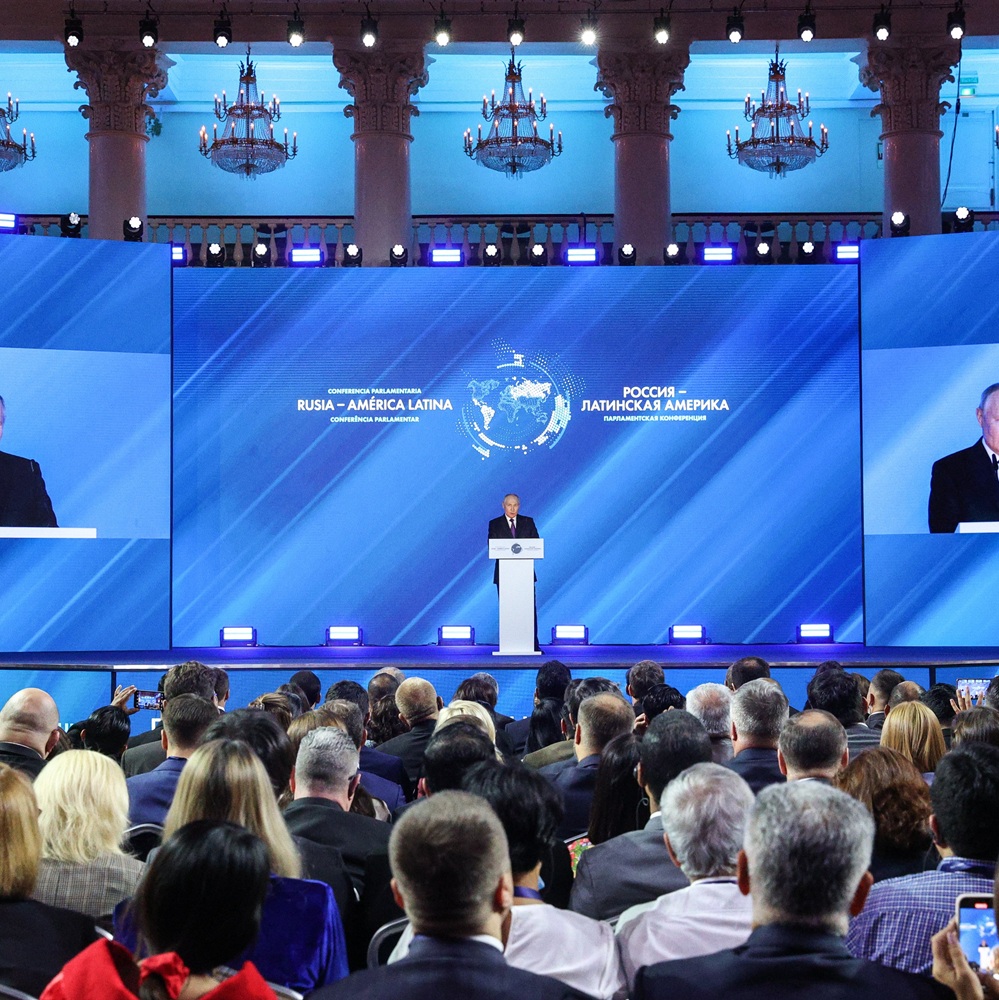

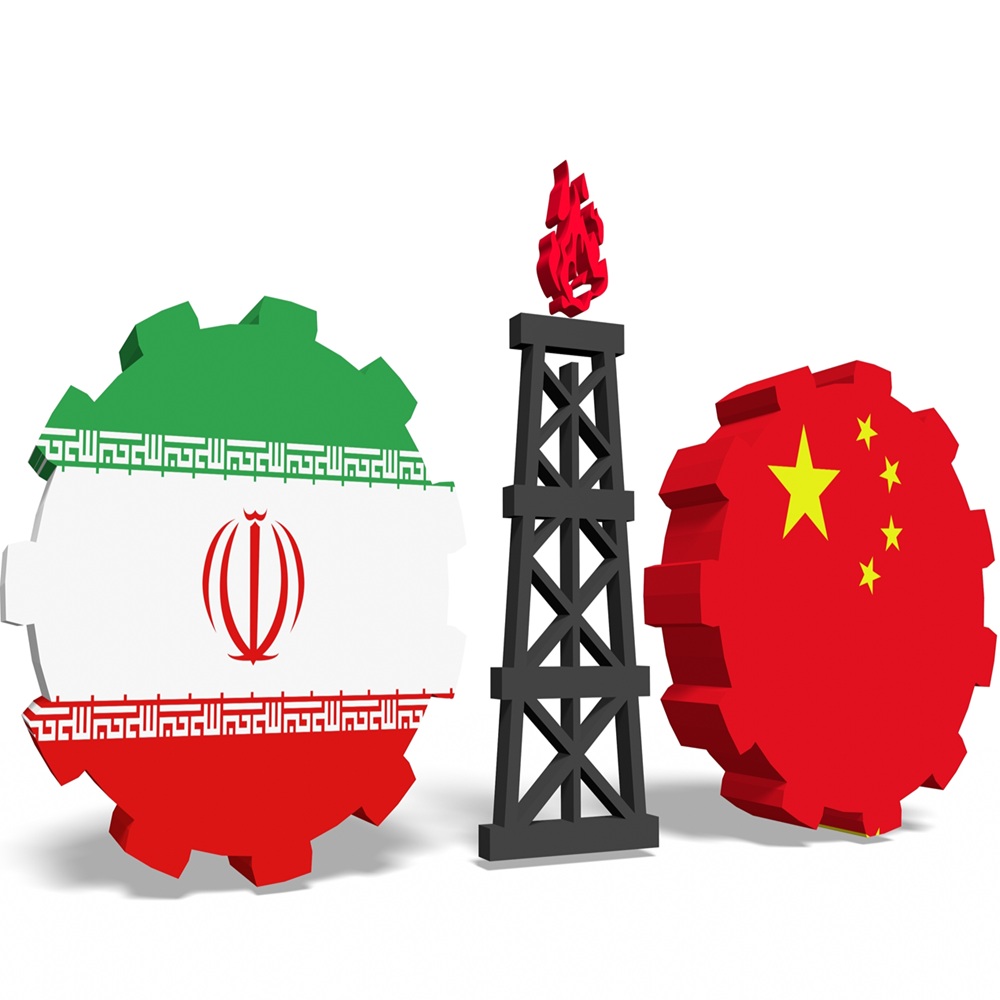
.png)
